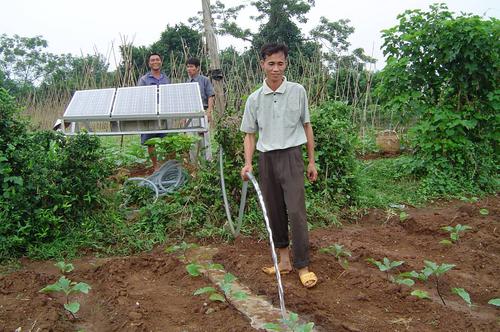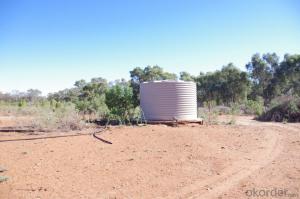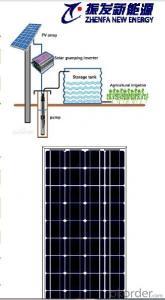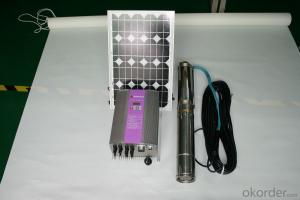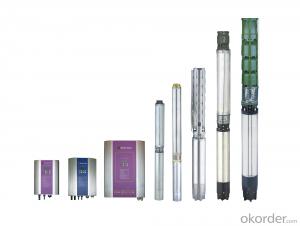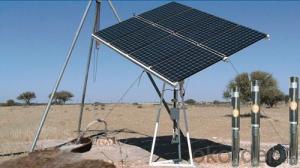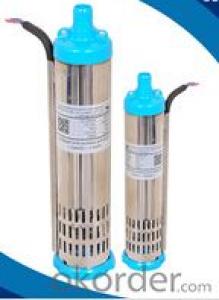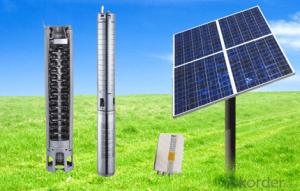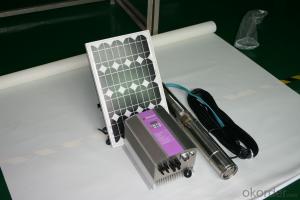Solar Pump for Pond - Irrigation Solar Water Pump
- Loading Port:
- Shanghai
- Payment Terms:
- TT OR LC
- Min Order Qty:
- -
- Supply Capability:
- 300 set/month
OKorder Service Pledge
Quality Product, Order Online Tracking, Timely Delivery
OKorder Financial Service
Credit Rating, Credit Services, Credit Purchasing
You Might Also Like
how is the rotor made:
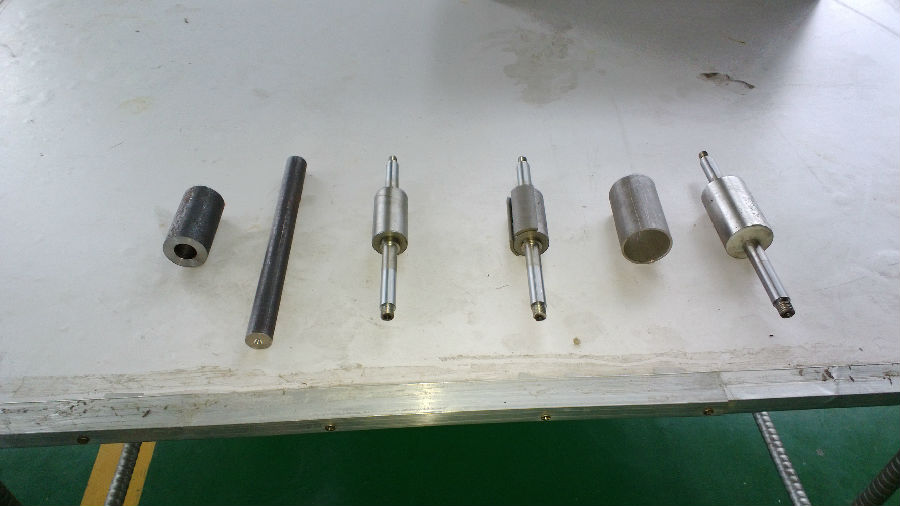
how is the motor made:
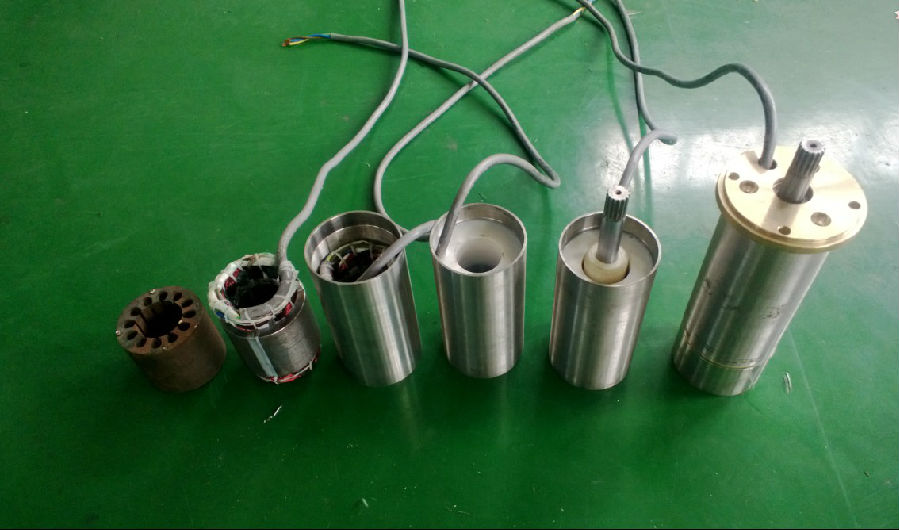
the pump :
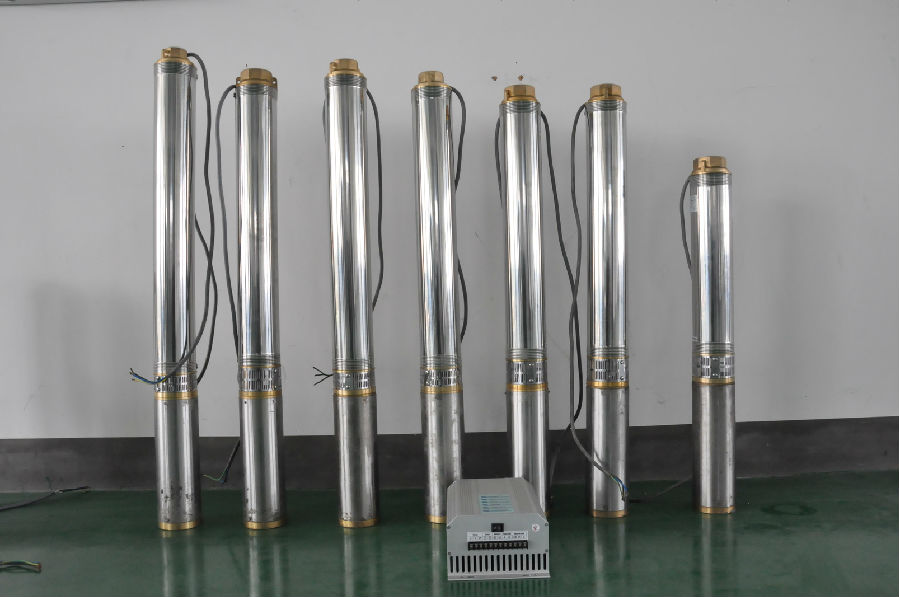
controller terminal connection:
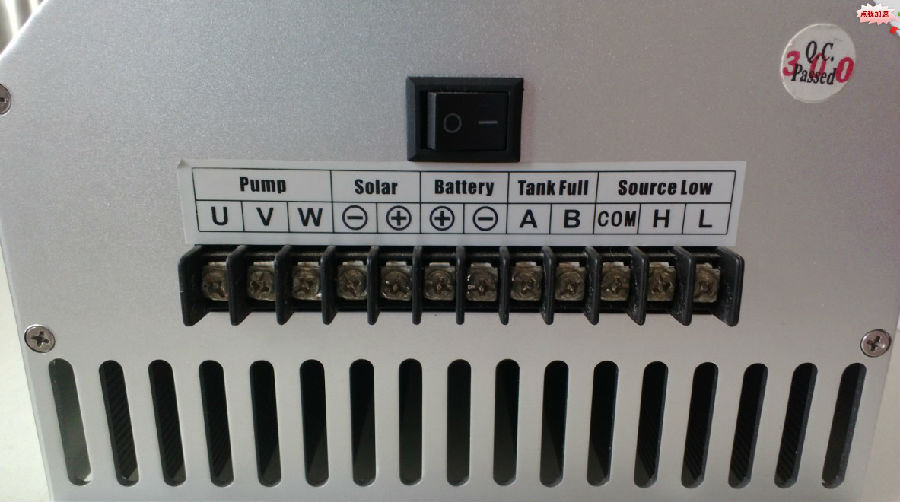
The permanent magnet:
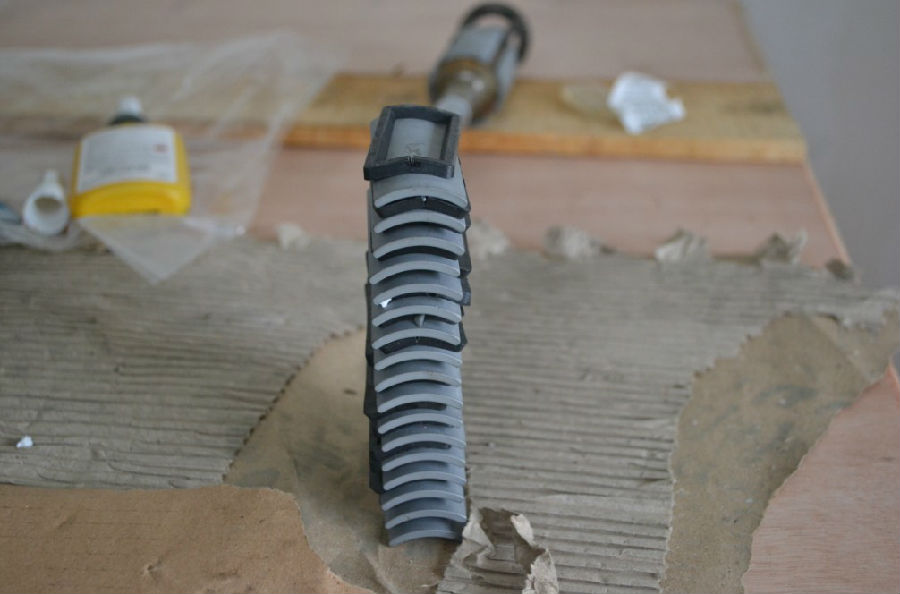
the impeller:
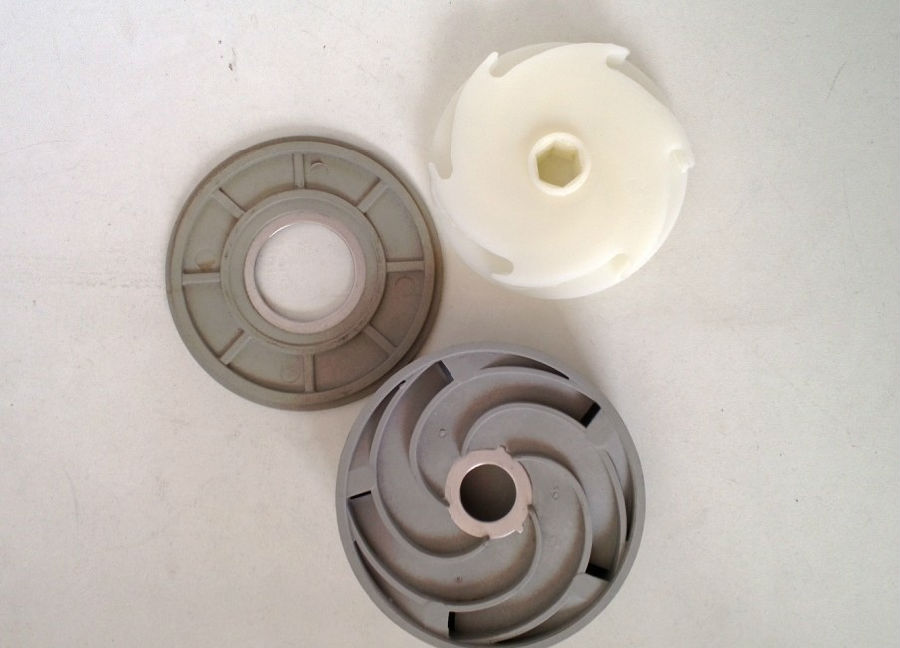
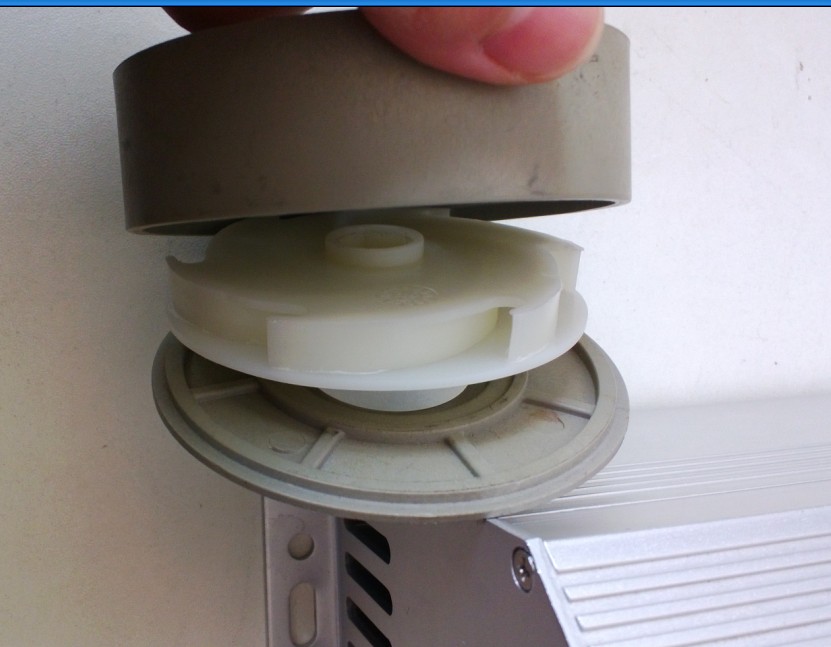
controller box:
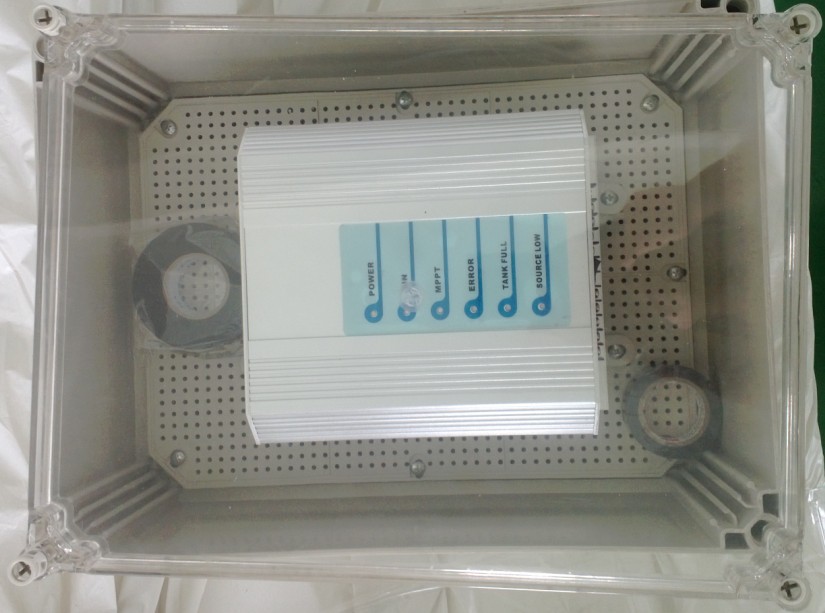
the senors:
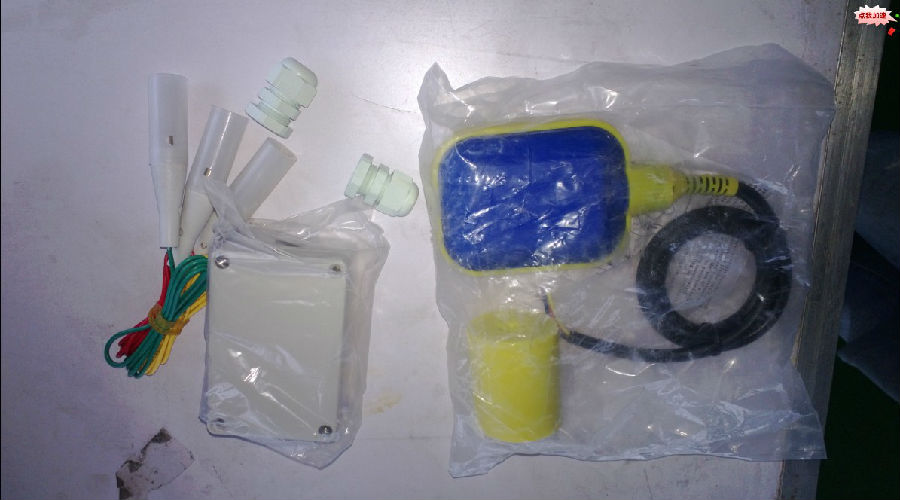
the test:
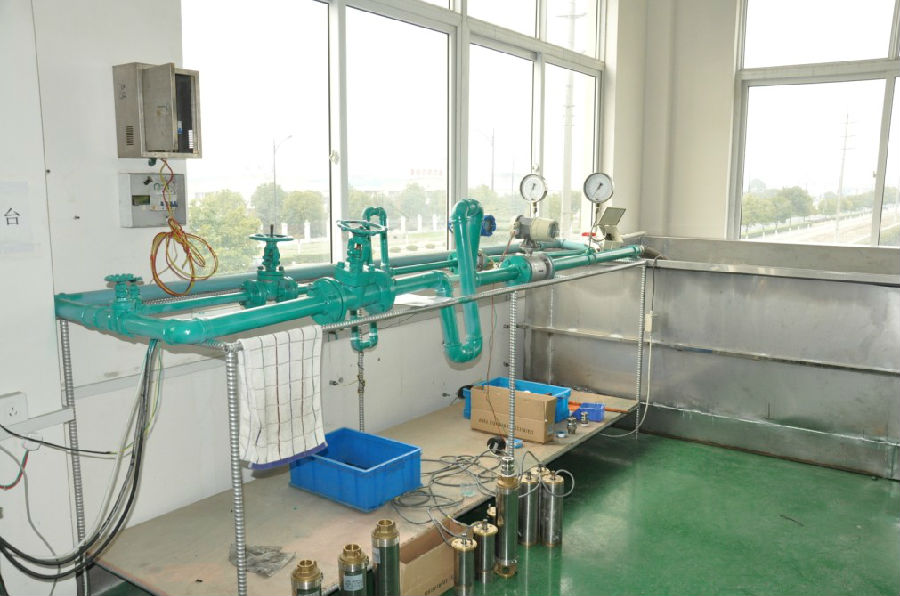
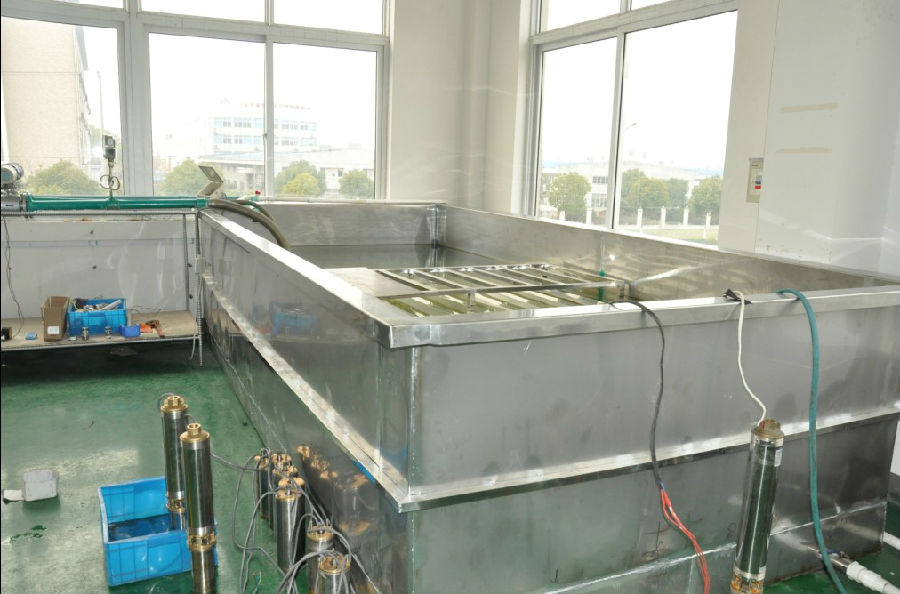
the application:
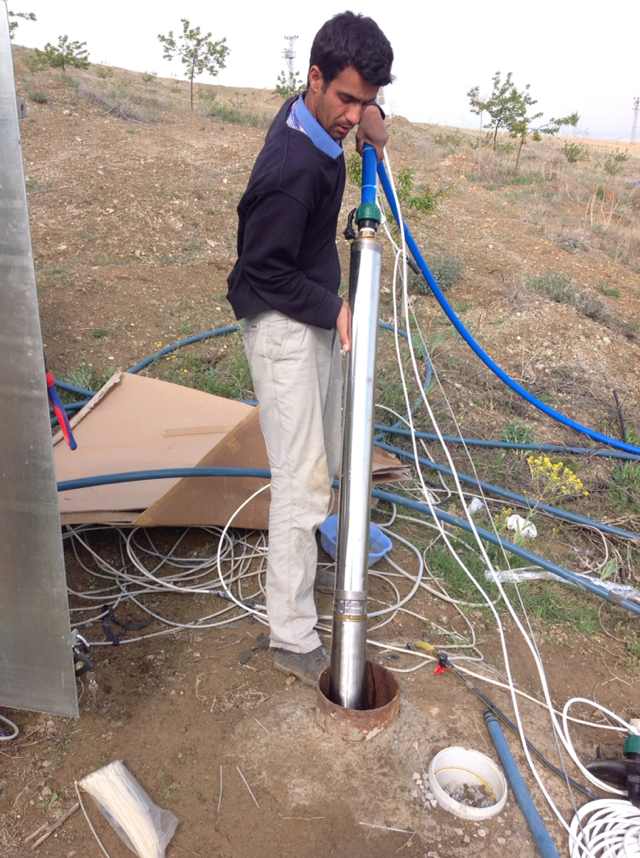
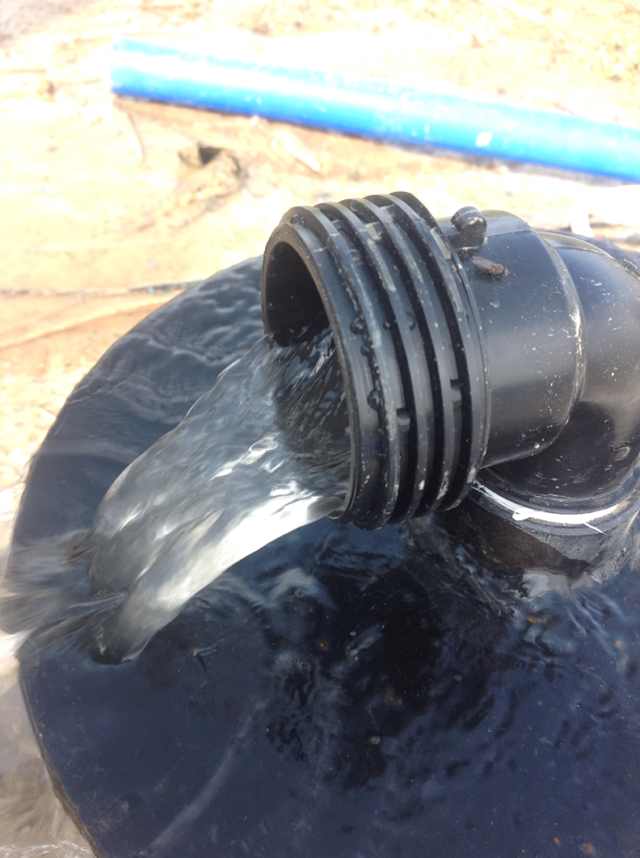
the package:
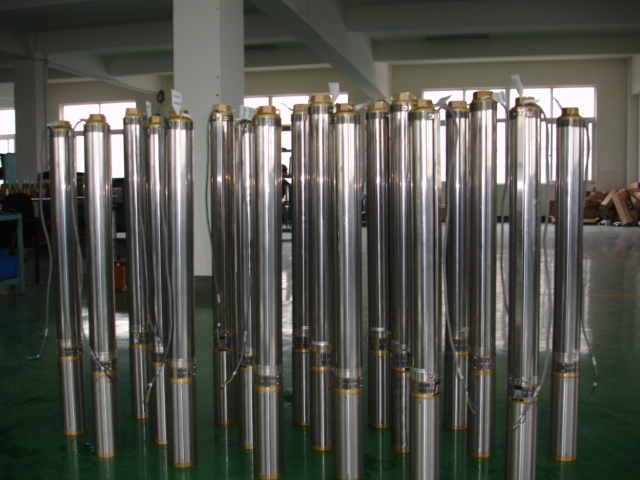
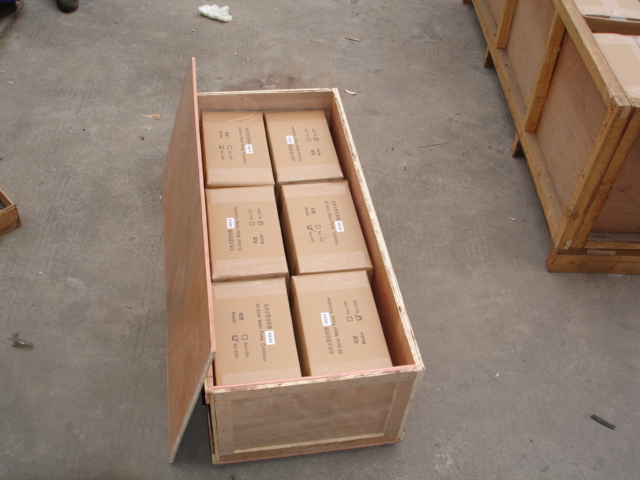
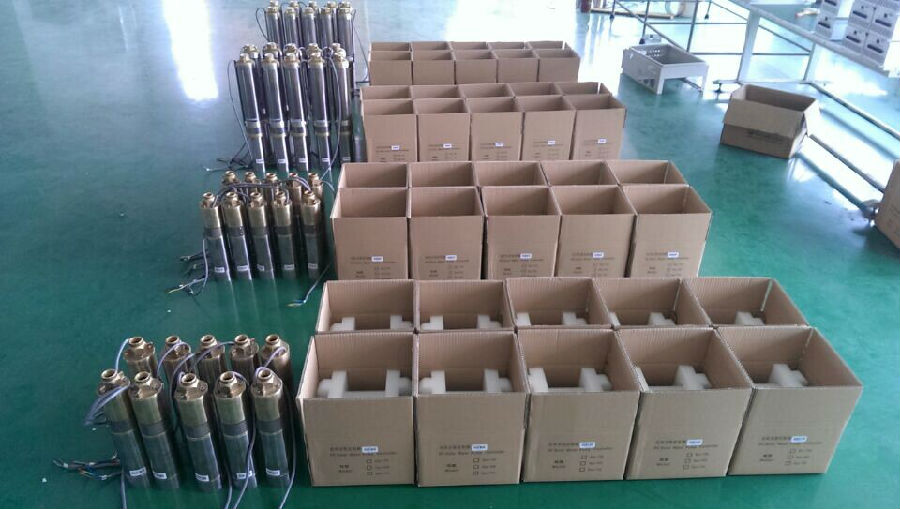
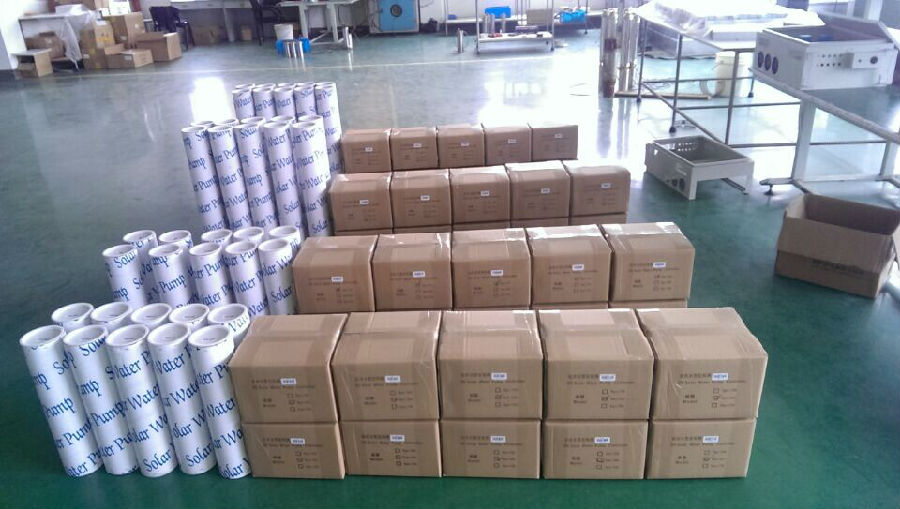
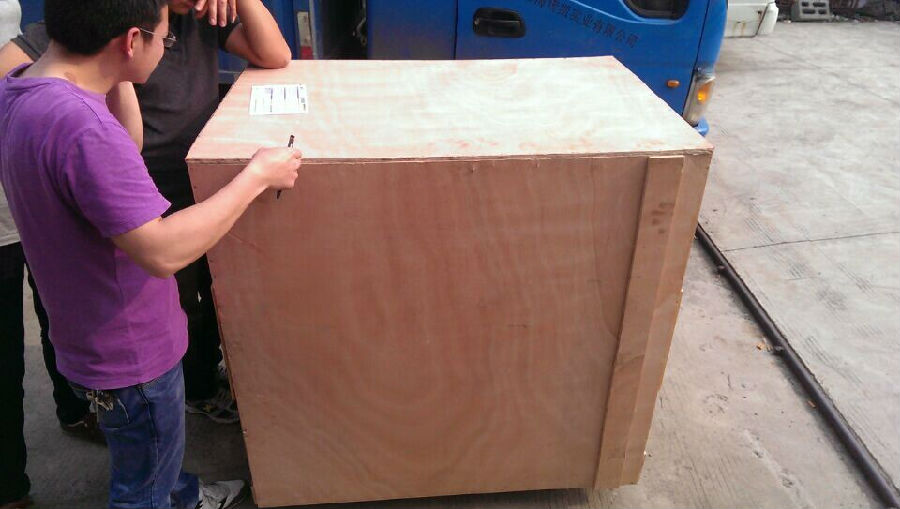
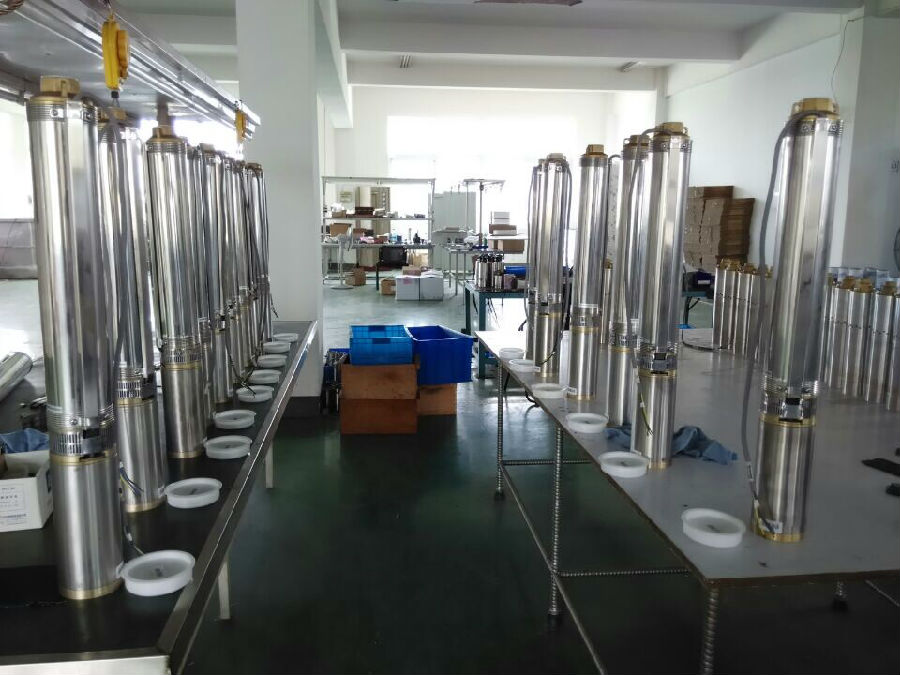
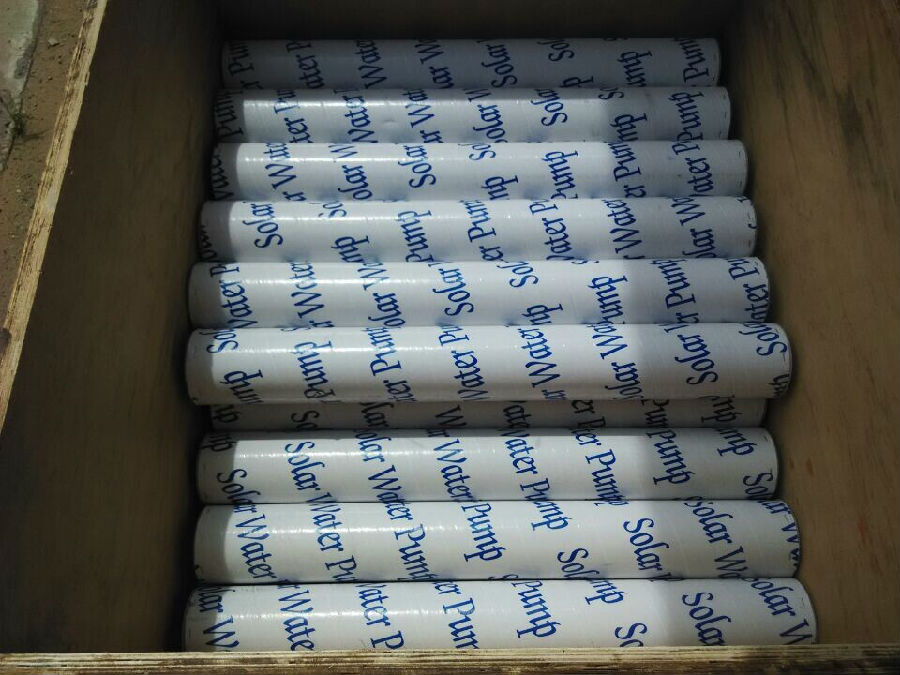
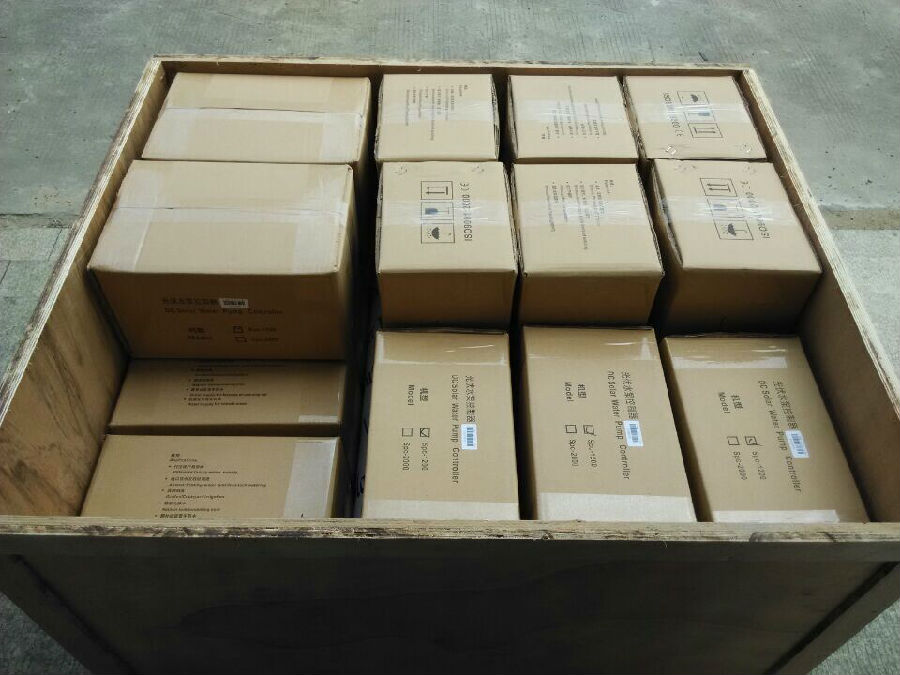
- Q: Can a solar pump be used for irrigation purposes?
- Yes, a solar pump can be used for irrigation purposes. Solar pumps are designed to use energy from the sun to power the pump, eliminating the need for grid electricity or fuel. They can provide a cost-effective and environmentally friendly solution for irrigation, allowing farmers to efficiently water their crops using renewable energy.
- Q: How do I choose the right size solar pump for my needs?
- Choosing the right size solar pump for your needs depends on several factors that you should consider. Here are some steps to help you make an informed decision: 1. Determine your water requirements: Start by assessing the amount of water you need the solar pump to deliver. Consider factors like the size of your water feature, the depth of the water source, and the flow rate required for your specific application. This will help you establish a baseline for the pump's capacity. 2. Evaluate the pump's flow rate: The flow rate of a solar pump is typically measured in gallons per hour (GPH) or liters per hour (LPH). Ensure that the pump you choose has a flow rate sufficient to meet your water requirements. It is better to select a pump that exceeds your needs slightly to account for any fluctuations or future expansion of your water feature. 3. Consider the lift height: The lift height, also known as the pump's head, refers to the vertical distance the pump needs to push the water. If your water source is located at a higher elevation or if you plan to pump water to a higher point, you will need a pump with a higher lift height capability. Ensure that the pump you choose can handle the height you require. 4. Assess the solar panel capacity: Solar pumps are powered by solar panels, so it is crucial to consider the capacity of the panels in relation to the pump's power requirements. Make sure the solar panels can generate enough electricity to run the pump efficiently. Consider factors like the pump's voltage, current requirements, and the solar panel's wattage and voltage output to ensure compatibility. 5. Take into account sunlight availability: The amount of sunlight your location receives is an important factor when choosing a solar pump. If you live in an area with limited sunlight, you may need a larger solar panel or a pump with a backup battery system to ensure continuous operation during cloudy days. 6. Read product specifications and reviews: Once you have narrowed down your options, carefully read the product specifications for each pump you are considering. Look for information on features, warranties, and customer reviews to ensure that the pump meets your specific needs and is reliable. By considering factors such as water requirements, flow rate, lift height, solar panel capacity, sunlight availability, and product specifications, you can choose the right size solar pump that will effectively meet your needs. It is always recommended to consult with a professional or a reputable supplier for guidance based on your specific circumstances.
- Q: Can a solar pump be used for oil and gas extraction?
- No, a solar pump is not typically used for oil and gas extraction as it is primarily designed to harness solar energy for water pumping applications. Oil and gas extraction typically requires more complex and specialized equipment.
- Q: Can solar pumps be used for water supply in golf courses or sports facilities?
- Yes, solar pumps can be effectively used for water supply in golf courses or sports facilities. These pumps harness solar energy to power the pumping mechanism, making them a sustainable and cost-effective solution for water supply. They can efficiently meet the water demands of these facilities, ensuring adequate irrigation and maintenance of the playing surfaces. Additionally, solar pumps offer the advantage of being environmentally friendly by reducing reliance on fossil fuels and minimizing carbon emissions.
- Q: Can a solar pump be used in areas with strict noise regulations?
- Yes, a solar pump can be used in areas with strict noise regulations. Solar pumps are designed to operate silently as they do not rely on any noisy mechanical components like motors or engines. They use solar energy to power the pump, which eliminates noise pollution and makes them a suitable option for areas with noise restrictions.
- Q: Can a solar pump be used for irrigation in saline soils?
- Yes, a solar pump can be used for irrigation in saline soils. Solar pumps are efficient and can be used to pump water from a source such as a well or a reservoir, regardless of the soil's salinity. However, it is important to consider the potential impact of saline water on the plants being irrigated and take appropriate measures to manage the salinity levels in the soil to ensure optimal crop growth and health.
- Q: Can a solar pump be used for water supply in off-grid wildlife conservation areas?
- Yes, a solar pump can be used for water supply in off-grid wildlife conservation areas. Solar pumps are a sustainable and environmentally friendly solution that relies on solar energy to power the pump and provide water supply. This eliminates the need for grid electricity or fuel-based generators, making it a suitable choice for remote conservation areas. Additionally, solar pumps can be easily installed and require minimal maintenance, ensuring a reliable and continuous water supply for the conservation of wildlife in off-grid areas.
- Q: How long do solar pumps last?
- Solar pumps typically have a lifespan of 20 to 25 years, with proper maintenance and care.
- Q: Can a solar pump work during cloudy or rainy days?
- Yes, a solar pump can still work during cloudy or rainy days. While the efficiency of the solar pump may be reduced during such conditions, it can still operate to some extent. Solar pumps are designed to harness energy from the sun, so when there is less sunlight available due to clouds or rain, the pump may not work at its maximum capacity. However, it will continue to function to some degree, providing water flow and circulation. Additionally, some modern solar pumps are equipped with energy storage systems, such as batteries, which can store excess solar energy during sunny days and be used to power the pump during cloudy or rainy periods.
- Q: What is the payback period for investing in a solar pump?
- The payback period for investing in a solar pump can differ depending on various factors, such as the initial pump cost, installation expenses, energy savings, and any applicable incentives or subsidies. Typically, the payback period for a solar pump ranges from 3 to 7 years. Throughout this timeframe, the cost savings from utilizing solar energy instead of traditional energy sources, like electricity or diesel, will gradually compensate for the initial investment. Once the system is installed, solar energy is essentially free, resulting in significantly reduced operating costs and long-term financial advantages. Estimating the payback period requires considering the local climate and water requirements for your specific application. In areas with abundant sunlight and high water demands, the payback period may be shorter due to increased energy savings. Conversely, regions with less sunlight or lower water requirements may experience a slightly longer payback period. Additionally, government incentives, tax credits, or grants for renewable energy systems can greatly impact the payback period. These financial incentives can reduce the initial investment and expedite the payback period, making solar pumps even more economically feasible. To accurately determine the payback period for a solar pump, it is advisable to consult solar energy experts or suppliers. They can assess your specific needs, estimate costs, and provide a more precise calculation based on your location and circumstances.
Send your message to us
Solar Pump for Pond - Irrigation Solar Water Pump
- Loading Port:
- Shanghai
- Payment Terms:
- TT OR LC
- Min Order Qty:
- -
- Supply Capability:
- 300 set/month
OKorder Service Pledge
Quality Product, Order Online Tracking, Timely Delivery
OKorder Financial Service
Credit Rating, Credit Services, Credit Purchasing
Similar products
Hot products
Hot Searches
Related keywords

